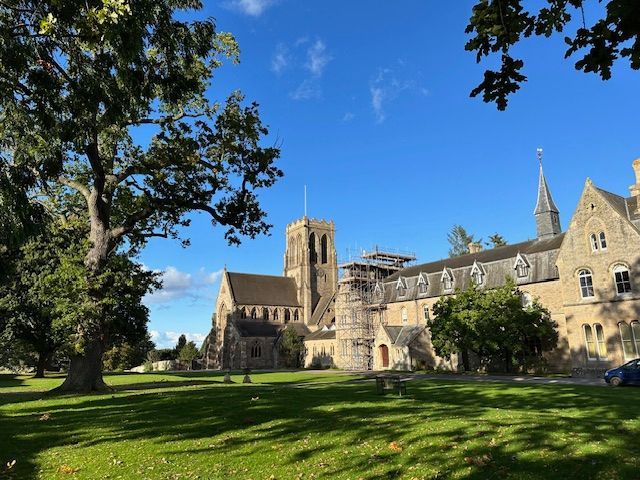
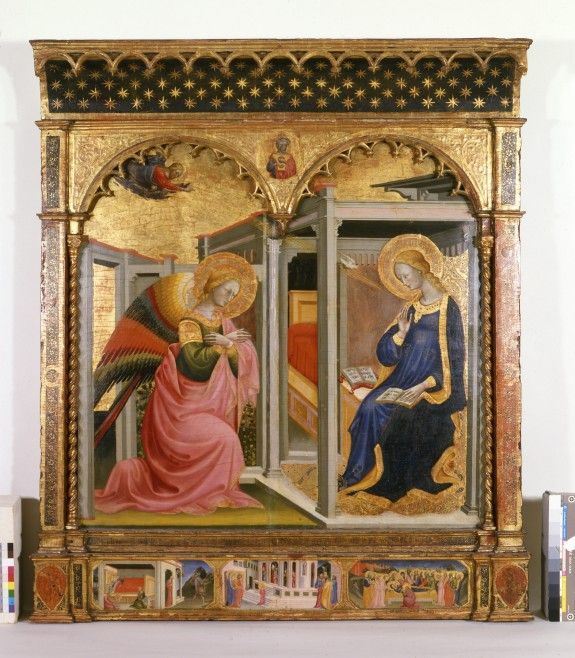

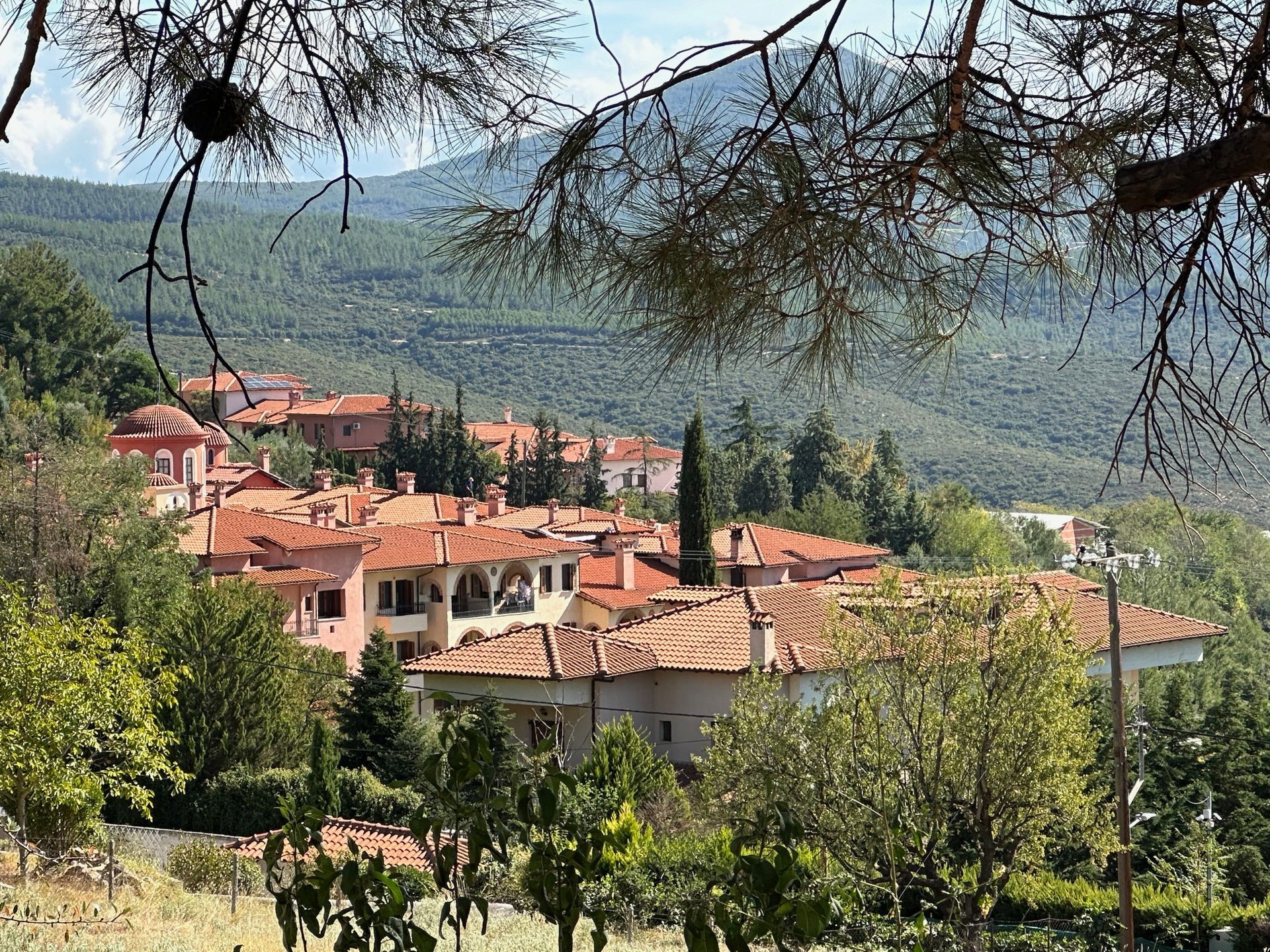

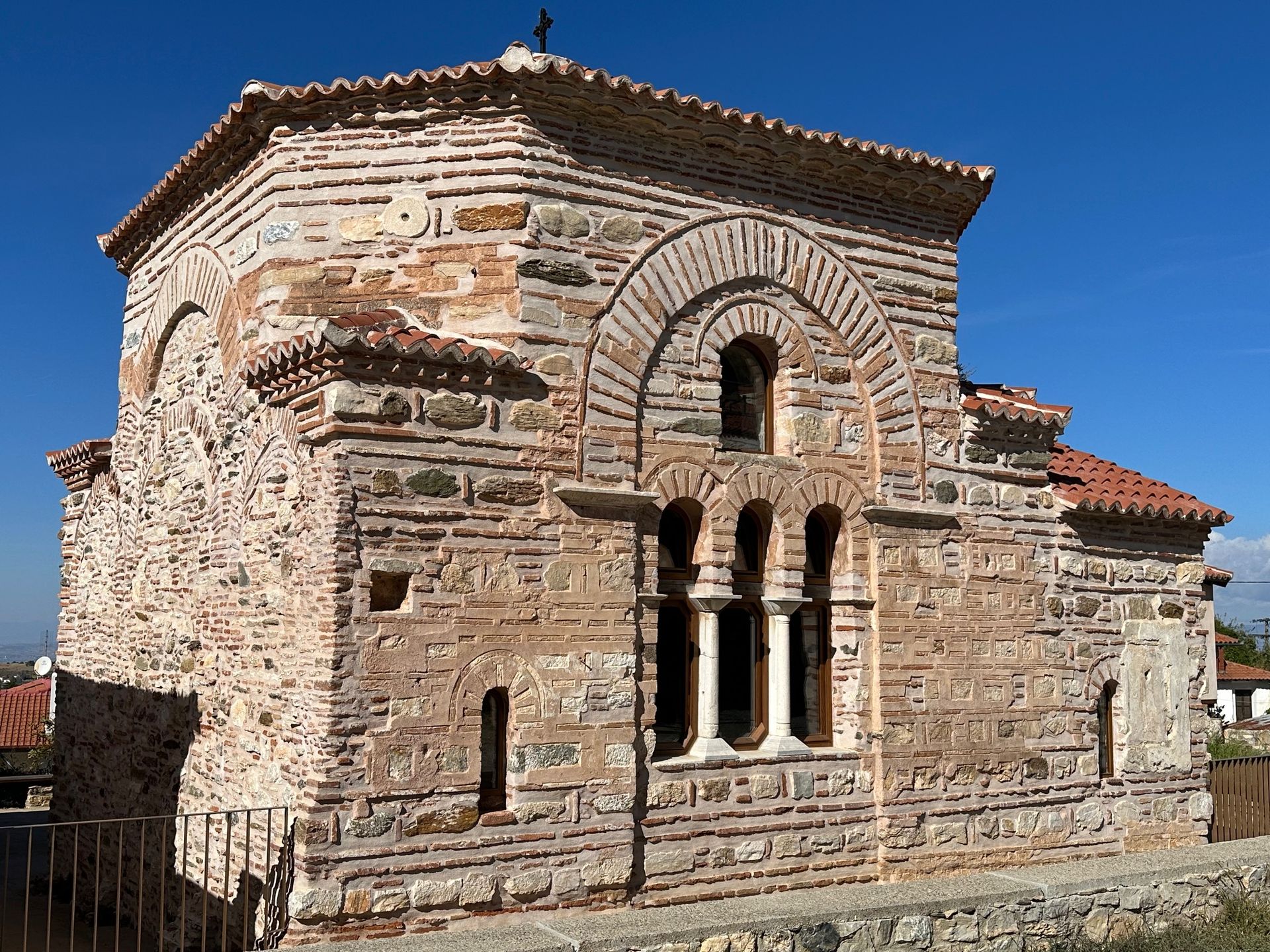

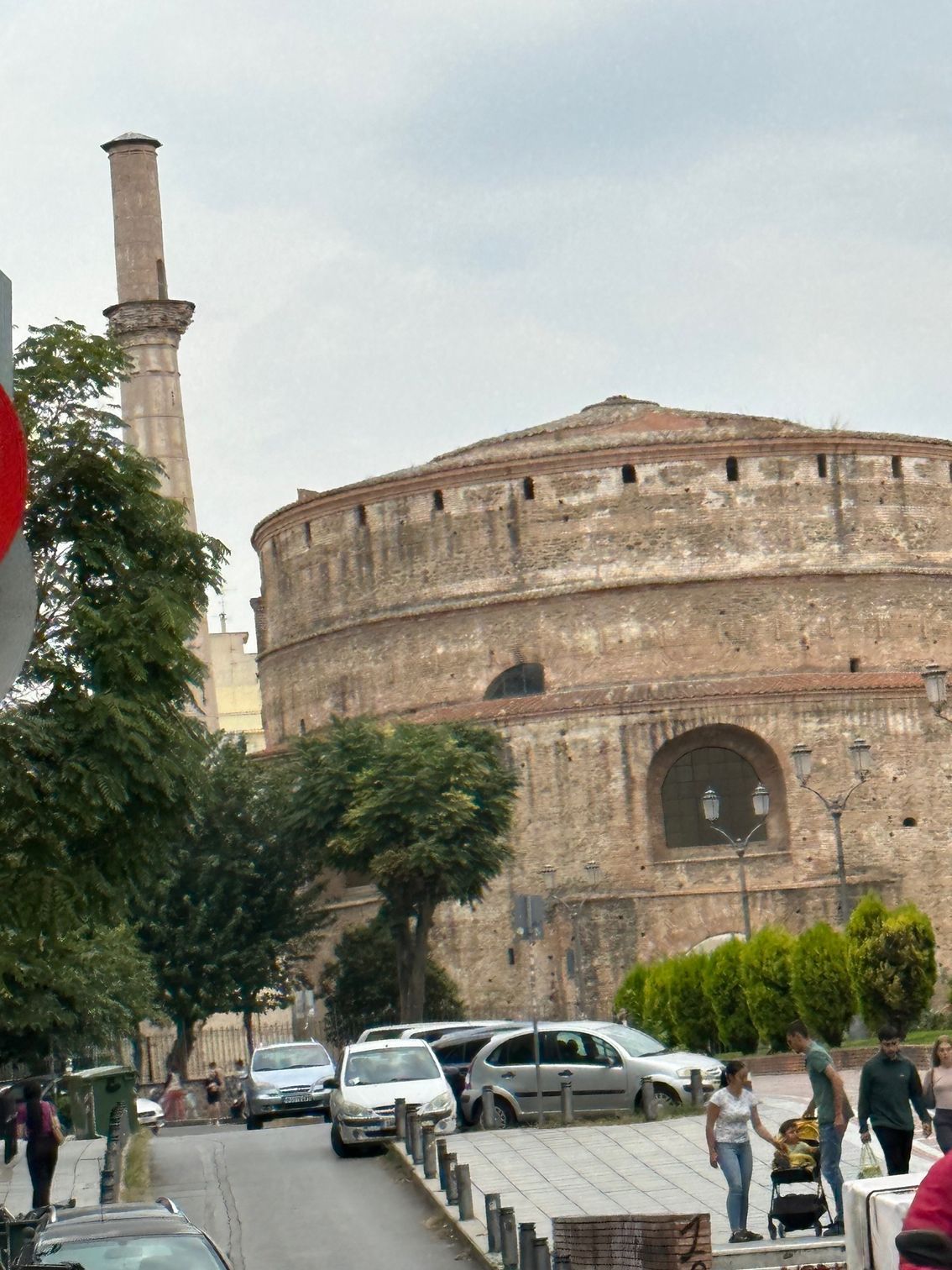
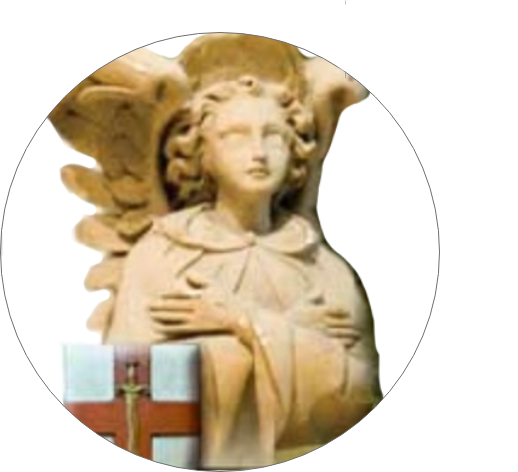
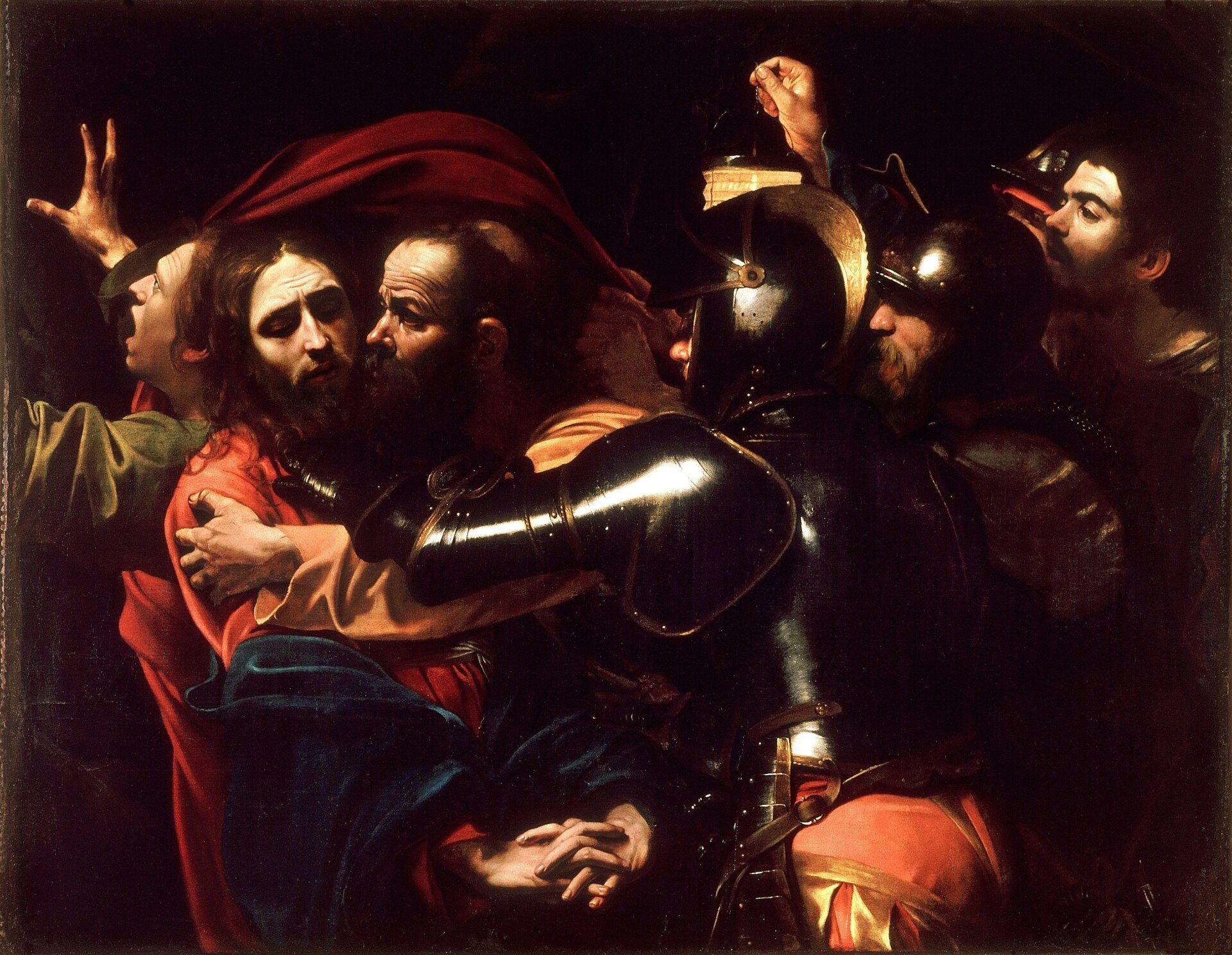
I love all four seasons, but Spring is the most exciting. For Christians, of course, it is the celebration of Lent, Holy Week and Easter, as we come out of Winter, walking with Jesus from darkness into light and from death to life. And there’s nothing quite like Spring flowers. A walk through our woods with Toby is blessed with a succession, and amalgamation into a living carpet, of snowdrops, crocus, celandines, primroses of several hues, violets, wood anemones, cowslips and others whose names I can’t now recall. Yet, how can one forget that in Ukraine, Spring and the beauty of Spring have been brutally and senselessly transformed into the nightmare of a field of blood, the betrayal of God’s precious gift of life and for what goal? Lord, have mercy on the innocent and treat the guilty with your eternal justice. Today is Maundy Thursday, when we commemorate the Lord’s Last Supper, the Washing of Feet and the Institution of the Eucharist. Our Gospel comes from John, (Jn 13: 1-15), as the Supper begins.
“It was before the festival of Passover, and Jesus knew that the hour had come for him to pass from this world to the Father. He had always loved those who were his own in the world, but now he showed how perfect his love was.”
St John begins his account of the Passion, which takes up a third of his gospel, with the washing of the disciples’ feet. It’s a living parable, in which Jesus demonstrates the true meaning of his life. Like all parables, it invites us to contemplate the mystery of Christ and what that means for us. The washing of the feet turns our understanding of God upside down, for the Master becomes a slave, showing his disciples that this is the only way in which they can follow him and become what God wants them to be. Jesus says to Peter, “If I do not wash you, you can have nothing in common with me.”
The first thing that strikes us is the presence of Judas. The devil has already put it into his mind to betray Jesus, but he’s still there with the others at table, and Jesus washes his feet too. Jesus does not condemn us, but lavishly bestows his gifts on us, even when we plan to betray him. Judas learns nothing from the humility of Jesus. In despair, he will commit suicide, unable to accept that Jesus still loves him.
Jesus gets up from the table, removes his outer garment, wraps a towel round his waist, pours water into a basin and begins to wash his disciples’ feet. This is something extraordinary, revolutionary. A Jewish servant might wash his master’s feet and those of his guests, but only a Roman slave would take off his outer garment and set about washing people’s feet in his tunic, a sort of undershirt. It wouldn’t happen in a Jewish household. Moreover, Jesus himself pours the water and that was woman’s work. His actions turn the world on its head. The disciples had never really understood what he was telling them about himself: would tonight be any different?
When Jesus comes to Peter, there’s bound to be trouble. He’s a proud, outspoken man, never afraid to confront his Lord. “What? YOU wash MY feet? Lord, are you out of your mind?” St John Chrysostom tells us that the words express Peter’s love, but that it’s a defective love. It lacks the humility illustrated in what Jesus is doing. In Peter’s response we see pride and self-will, the very causes of sin, for which only the Cross of Jesus can atone. Peter still doesn’t understand.
Jesus knows that, for the disciples, what he’s doing is bewildering, scandalous even. “At the moment you don’t know what I’m doing, but later you will understand.” Only after the Resurrection will they begin to understand that in the Church, the Body of Christ, there can be no room for those who refuse to be cleansed by his atoning death and washed clean in the blood of the Lamb and that communion with Christ depends on immersing ourselves in the great Sacrament of love, the Eucharistic sacrifice, with all its practical implications of mercy and charity.
For now, their understanding fails them. Jesus tells them that their love, like his, must go beyond all limits. “If I, the Lord and Master, have washed your feet, you should wash each other’s feet.” In Christ we are called to be ministers of the love of God in all patience and humility. Only through love can we die with Christ, so as to rise and live with him, and there can be no true love that does not involve sacrifice.
It sounds banal, but Jesus came to show us that God loves each one of us and that he wants us to do the same. It’s as simple and as difficult as that!








Copyright © 2019 - Parish of St Michael and All Angels, Belmont Abbey, Hereford
Belmont Abbey Parish is part of Belmont Abbey Mission CIO (registered charity number 1191221)
Website design by: Every Day Christian Marketing